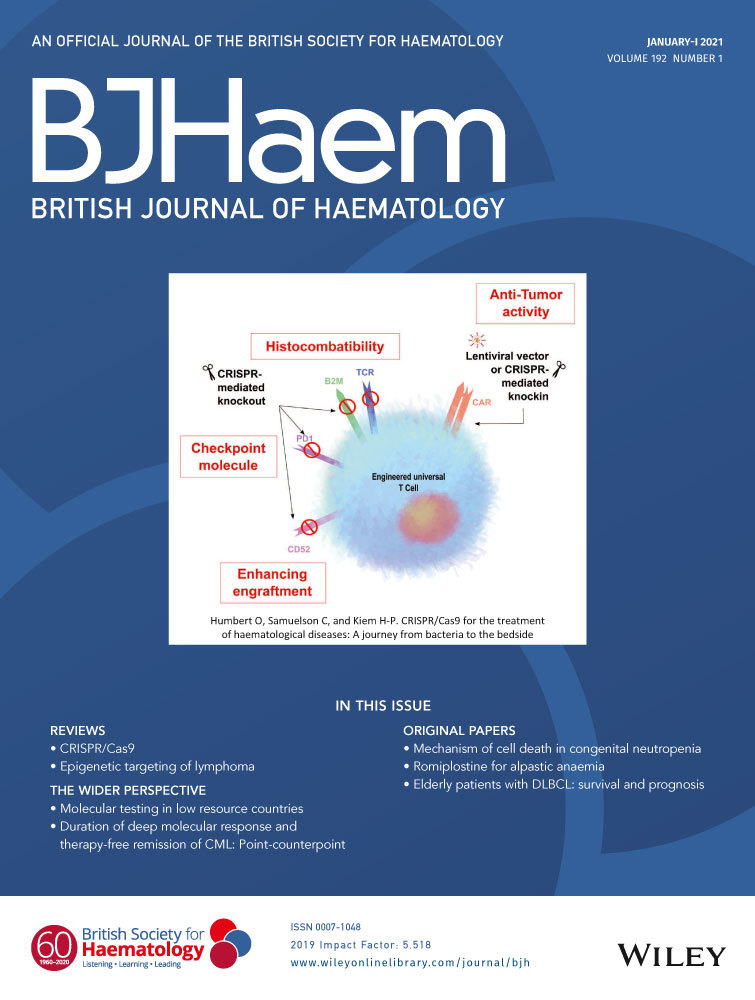A dose-dense short-term therapy for human immunodeficiency virus/acquired immunodeficiency syndrome patients with high-risk Burkitt lymphoma or high-grade B-cell lymphoma: safety and efficacy results of the “CARMEN” phase II trial
Summary
A few prospective trials in HIV-positive patients with Burkitt lymphoma (BL) or high-grade B-cell lymphoma (HGBL) have been reported. Investigated therapies have shown good efficacy but relevant safety problems, with high rates of interruptions, severe mucositis, septic complications, and fungal infections. Here, we report the results of a multicentre phase II trial addressing a new dose-dense, short-term therapy aimed at maintaining efficacy and improving tolerability. The experimental programme included a 36-day polychemotherapy induction followed by high-dose cytarabine-based consolidation and response-tailored BEAM (carmustine, etoposide, cyatarabine, and melphalan)- conditioned autologous stem cell transplantation (ASCT). This therapy would be considered active if ≥11 complete remissions (CR) after induction (primary endpoint) were recorded among 20 assessable patients. HIV-positive adults (median age 42, range 26–58; 16 males) with untreated BL (n = 16), HGBL (n = 3) or double-hit lymphoma (n = 1) were enrolled. All patients had high-risk features, with meningeal and bone marrow infiltration in five and nine patients respectively. The experimental programme was safe and active in a multicentre setting, with only two episodes of grade 4 non-haematological toxicity (hepatotoxicity and mucositis), and no cases of systemic fungal infections; two patients died of toxicity (bacterial infections). Response after induction (median duration: 47 days; interquartile range 41–54), was complete in 13 patients and partial in five [overall response rate = 90%; 95% confidence interval (CI) = 77–100]. All responders received consolidation, and five required autologous stem cell transplant. At a median follow-up of 55 (41–89) months, 14 patients are relapse-free and 15 are alive, with a five-year progression-free survival and an overall survival of 70% (95% CI = 60–80%) and 75% (95% CI = 66–84) respectively. No patient with cerebrospinal fluid (CSF)/meningeal lymphoma experienced central nervous system recurrence. With respect to previously reported regimens, this programme was delivered in a shorter period, and achieved the main goal of maintaining efficacy and improving tolerability.
Conflicts of interest
The authors have no competing interests.




